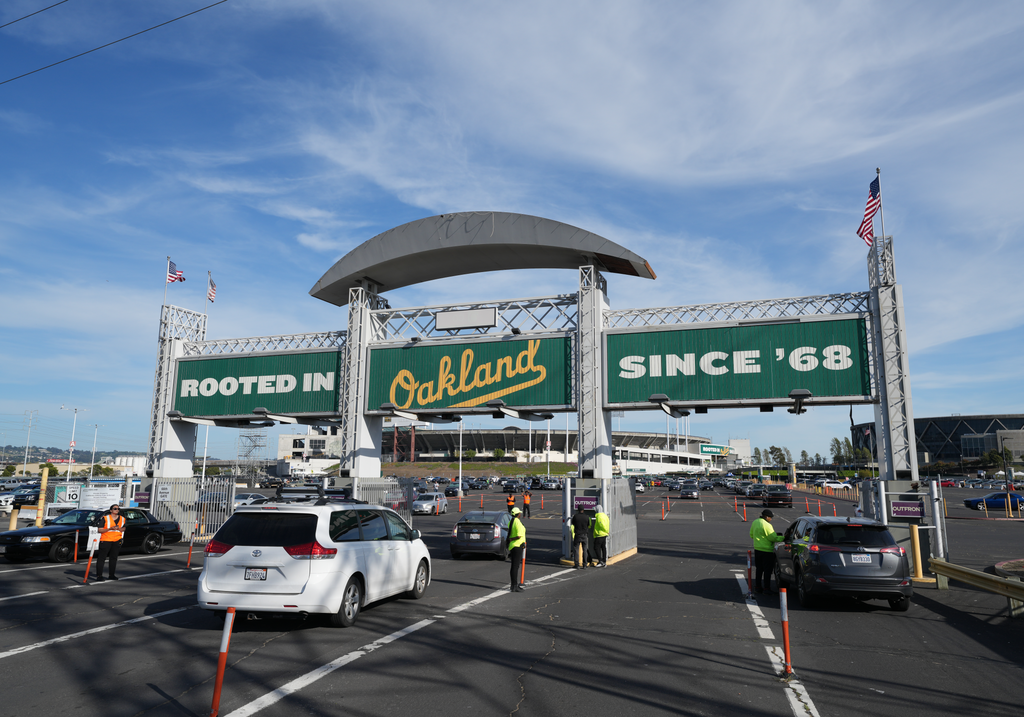The Twitter bio of the NHL’s Arizona Coyotes reads “Hockey Belongs in Arizona.” The ownership behind the team seems to feel differently. When news broke on April 12 that Coyotes players were informed that the team would be moving to Salt Lake City, UT following the end of the NHL season, Coyotes fans were left heartbroken. The damage caused to a fanbase after losing their team highlights the biggest problem with modern professional sports culture: Relocation.
Relocation has been a major issue in the North American sports world since 1902, when the MLB’s Milwaukee Brewers (no relation to the current iteration of the Brewers, who relocated to the city from Seattle in 1970) moved to Missouri, changing their name to the St. Louis Browns. The franchise is currently known today as the Baltimore Orioles.
Although relocation is nowhere near as prevalent in the 21st century as it was during high points in the 1960s and 1990, relocation is a still a prevalent issue. The NBA’s Seattle SuperSonics moved to Oklahoma City in 2008. The NHL’s Atlanta Thrashers moved to Manitoba to become the Winnipeg Jets in 2011, although the franchise has no relation to the original Winnipeg Jets, who ironically are currently the Arizona Coyotes. In 2016 and 2017 respectively, the NFL’s St. Louis Rams and San Diego Chargers both moved to Los Angeles, while the neighboring Oakland Raiders departed to Las Vegas in 2020.
In all of these cases, fans have watched as the teams they were raised on, often a massive contributor to their city’s economy, abandoned them for promises of more money elsewhere, largely due to poor ownership. One of the most notable examples of this is the ongoing situation with the Oakland Athletics, who will soon be moving to Las Vegas. Since their arrival in Oakland in 1968, Athletics ownership has done whatever possible to escape their devoted fanbase, seeking to find a new home everywhere from Denver to Toronto.
Despite various offers from the city of Oakland, the Athletics and their owner, John Fisher, elected to move to Nevada in 2028, with a stadium expected to be completed on the Las Vegas Strip by that time. However, the team’s lease with their iconic venue, the Oakland Coliseum, expires at the end of this year. At risk of his baseball team essentially being homeless for three years, Fisher drafted up a masterclass solution. The team will spend three (with the option of four) seasons operating out of a minor league stadium in Sacramento. The Sacramento stadium seats less than one-third of the next smallest MLB stadium. During this time period, the team will simply go by the embarrassing name of “The Athletics,” with the team’s desperate search for an escape from their home culminating in the team lacking a place to call their own.
Relocation is often used as a bargaining chip by franchises desperate for a stadium deal. Last fall, the MLB’s Tampa Bay Rays and Milwaukee Brewers both threatened to abandon their cities and fanbases, which lead to both receiving big money stadium deals through 2050. When a proposition for new stadium creation and renovation was shot down by Jackson County voters earlier this month, the Kansas City Royals and Chiefs respectively started looking for options elsewhere. When city residents are reluctant to spend their dollars on funding a billionaire’s stadium, those residents are at risk of losing a team they care about deeply.
In most cases, the most satisfying solution to the relocation issue seems to be simple: Keep the team home. If a league is set on reaching out to new markets, they should expand the league. All “Big Four” sports leagues have expressed interest in expansion, with the NHL adding teams in Las Vegas and Seattle in the last decade. Many Las Vegas residents, including Philadelphia Phillies players Bryce Harper and Bryson Stott who were raised in the area, stated that if they were to have a team, they would rather have a team of their own rather than Oakland’s sloppy seconds.
However, in the case of the Coyotes, the expansion question is much less simple. In terms of everything but the players and history, the team moving to Utah will be a completely different team in terms of both branding and ownership. The NHL is buying the Arizona Coyotes off of current owner Alex Meruelo for $1 billion, and will immediately resell the team to Utah Jazz owner Ryan Smith for $1.2 billion, with the $200 million in profit being divided up among NHL ownership. However, to appease Meruelo, he gains every aspect of the Arizona Coyotes intellectual property, and has immediate rights to bring the Coyotes back if he can secure a stadium in the next five years. This means that Meruelo, commonly cited as the reason the team moved in the first place, will be the one thing that Arizona hockey fans are forced to keep.
The most common throughline for why teams need to relocate is faulty ownership. The decades of incompetence from people like Meruelo and Fisher leads to thousands of fans around the country losing something they care about. That’s why Athletics fans last year organized multiple mass protests and “reverse boycotts” to hijack games with chants of “Sell The Team.”
Sure, relocation may lead to record profits for the league. Relocation may lead to huge ticket sales. But at the end of the day, a kid is losing their favorite team because of greed.

